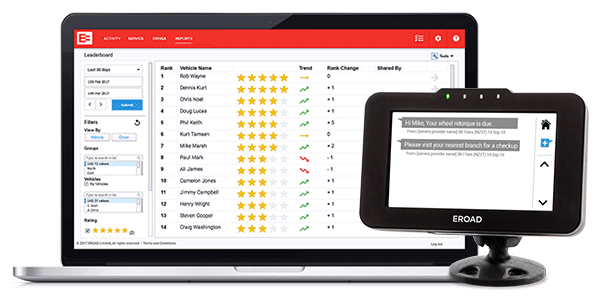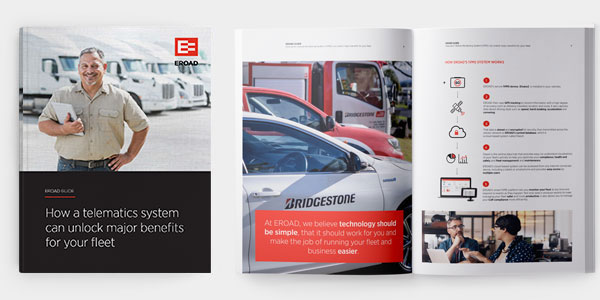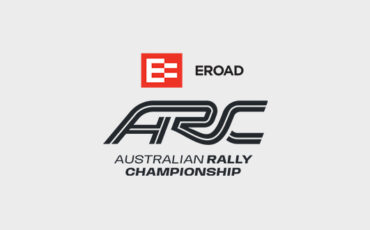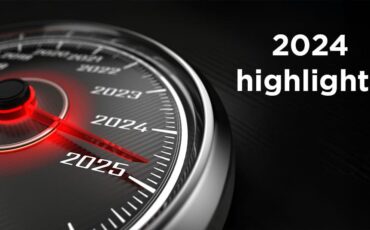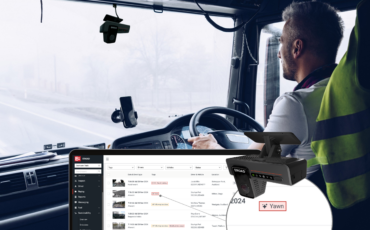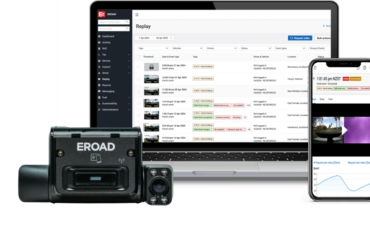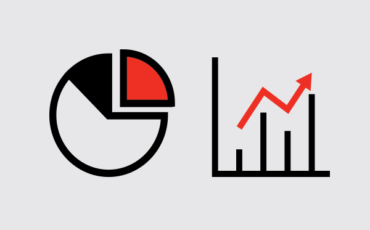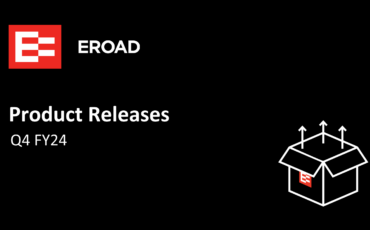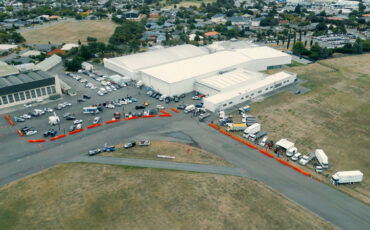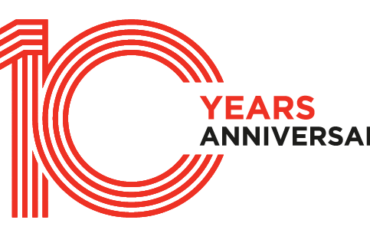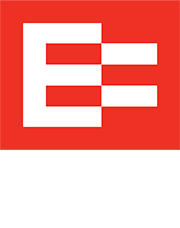How telematics can boost your fleet’s efficiency and customer satisfaction levels
How telematics can boost your fleet’s efficiency and customer satisfaction levels
The digital age has seen a major shift in customer service expectations thanks to the likes of data-driven companies such as Amazon, Netflix and Uber, who deliver seamless experiences to their customers at every touch-point in their business. As a result, expectations of a fast, efficient and transparent service (within the boundaries of the law) are now expected from all companies.
EROAD’s multi-functional telematics platform can help you monitor every aspect of your operations so you can run a more efficient fleet and deliver a seamless, consistently high level of service to your customers.
Telematics technology provides data – data provides insights – insights mean power!
Everything about your fleet – from fuel consumption, scheduling and prioritisation, vehicle activity, speed and driver behaviour, vehicle location, performance and maintenance schedules – can be monitored and displayed on a central, cloud-based portal for you.
You get a complete overview of your entire fleet, its overall health, safety, compliance, profitability and productivity at the touch of a button. What’s more, you can easily identify areas that need focus and actively respond to events as they happen.
Telematics technology helps keep your fleet on track
EROAD’s GPS tracking provides visibility of what your vehicles and assets are doing. It monitors and gathers vital data on when they left, arrived at specific sites, how long they spent on site, how far they travelled and when auxiliary equipment was used.
You can also monitor what jobs were completed, which driver was in the vehicle and for how long. This allows you to schedule jobs effectively based on the location of each vehicle in your fleet.
Your dispatchers can also make constant route adjustments based on changes in the traffic, vehicle availability or weather conditions or switch resources around to ensure deliveries reach your customers when they need to.
At the same time, you can keep clients informed of estimated arrival times, building trust and customer satisfaction along the way.
You can also analyse and use the data from completed jobs to make decisions that better serve your customers in the future.
While driving efficiencies is fundamental to good fleet management, a more productive fleet also means happier customers, which can then translate into business growth.
How EROAD drives efficiencies in your fleet
EROAD can monitor idle and working time of each of your vehicles to identify under-performing assets or drivers, improve fuel economy and reduce engine wear-and-tear, which can deliver significant improvements to your bottom line.
Fuel efficiency
Fuel is one of the largest expenses for your fleet, so fuel efficiency is crucial and can generate huge savings. EROAD helps you understand your fleet’s fuel consumption patterns and identify areas of unnecessary fuel use.
EROAD’s idle reports can identify instances where fuel has been wasted through excessive idling or a poorly tuned vehicle. Cutting back a small amount of idle time each day can have a massive impact on your fuel bill – in some cases this could add up to thousands of dollars in savings per year.
EROAD can also help reduce your fuel costs by allowing you to identify the most efficient (or direct) routes to reduce the overall amount of kilometres travelled. Not only does this cut down on fuel consumption, but also on carbon emissions (and the fleet’s overall carbon footprint).
Speed, braking and acceleration also have a huge impact on your fuel and maintenance bills given vehicles use more power, and fuel, when driving at higher speeds.
This can have a big impact given the power needed to travel at 90 km/hour is 20% less than that travelling at 100 km/hour**. Research shows reducing peak speeds by just 8 km/hour can save 10% to 15% in fuel consumption**.
EROAD helps drivers maintain an average speed with its Posted Speed capabilities which also saves on fuel and vehicle maintenance costs.
Fleet health and maintenance
EROAD can also play a critical role in ensuring the complete health of your fleet. Vehicle defects can result in costly delays or even impact your customer satisfaction ratings.
EROAD’s Inspect gives you the ability to track and stay on top of vehicle issues easily to pre-empt expensive problems so they can be rectified quickly.
You can generate reports which capture the original inspection record, along with its resolution and who actioned each item, which also provides solid proof of compliance with your health and safety obligations.
EROAD also allows you to schedule services based on time lapsed, distance travelled or engine hours to ensure you’re compliant with your company, regulatory and insurance requirements. It also means you can accurately keep a complete service history archive.
Reduces paperwork and admin
EROAD’s telematics platform also boosts your efficiency as it cuts down on admin! It automates many of the key areas of compliance for FTC and FBT as well as collating job management information.
Paper logbooks are prone to mistakes and missing information, which exposes you to risk.
EROAD’s in-cab electronic FBT Logbook solution collects real-time vehicle data and automates the entire logbook process to record time, data, mileage and the nature of the trip at the touch of a button so you know exactly where you fleet has been. No more filling in paper logbooks or hours of admin.
This means your drivers can focus on what’s most important – safe, efficient driving and delivering to your customer’s needs.
You can also say good-bye to paper inspection checklists and piles of defect job notifications with EROAD’s maintenance solution. Defects can be captured on the spot – either via a mobile device or EROAD’s EHUBO2 – which is immediately uploaded to EROAD’s Defect Board so it can be actioned.
One telematics platform – multiple benefits
EROAD’s powerful platform not only keeps track of your assets so you can deliver to customer expectations, it provides a deeper understanding of a range of other complex fleet management issues.
This includes:
- Enhancing your CoR compliance
- Nurturing a safety-first culture
- Maximising Fuel Tax Credits (FTC)
- Monitoring and managing driver performance
- Reducing insurance excess and premiums
- Keep track of partners or sub-contractors
